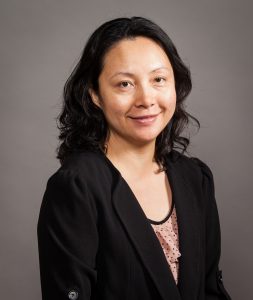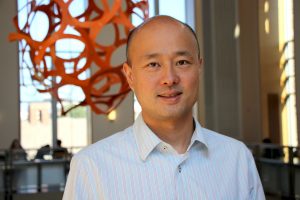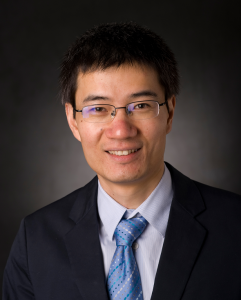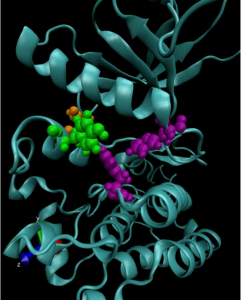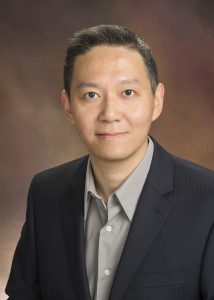by Mahelet Asrat
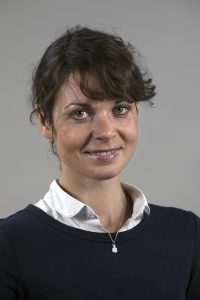
The Department of Bioengineering is proud to congratulate Claudia Loebel, M.D., Ph.D. on her appointment as Assistant Professor in the Department of Materials Science and Engineering at the University of Michigan. Loebel is part of the University of Michigan’s Biological Sciences Scholar program, which recruits junior instructional faculty in major areas of biomedical investigation. Loebel’s appointment will begin in Fall 2021.
Loebel got her M.D. in 2011 from Martin-Luther University in Halle-Wittenberg, Germany and her Ph.D. in Health Sciences and Technology from ETH Zurich, Switzerland in 2016. There she worked under her advisors Professors Marcy Zenobi-Wong from ETH Zurich and David Eglin from AO Research Institute Davos. At Penn, she conducted postdoctoral research in the Polymeric Biomaterials Laboratory of Jason Burdick, Robert D. Bent Professor in Bioengineering, and as a Visiting Research Scholar in the Mauck Laboratory of the McKay Orthopaedic Research Laboratory in the Perelman School of Medicine.
Loebel was awarded a K99/R00 Pathway to Independence Award through the National Institutes of Health (NIH), which supports her remaining time as a postdoc as well as her time as an independent investigator at the University of Michigan. Loebel is excited about training the next generation of scientists and engineers and being part of their journey in becoming independent and diverse thinkers.
Loebel’s research area is inspired by the interface between material science and regenerative engineering and how it can address specific problems related to tissue development, repair, and regeneration. By developing mechanically and strucatally dynamic biomaterials, microfabrication, and matrix manipulation techniques her works aim to recreate complex cell-matrix interactions and model tissue morphogenesis and disease. The ultimate goal of her research is to use these engineered systems to develop and translate more effective therapeutic treatments for diseases such as fibrotic, inflammatory, and congenital disorders. Her lab’s work will initially focus on developing engineering lung alveolar organoids, aiming to build models of acute and chronic pulmonary diseases and for personalized medicine.
Loebel says, “I am grateful to all my Ph.D. and postdoc mentors for their continuous support and especially Jason who, over the last few years, has trained me in becoming an independent scientist and mentor. This transition would not have been possible without such a great mentor team behind me.”
Congratulations Dr. Loebel from everyone at Penn Bioengineering!

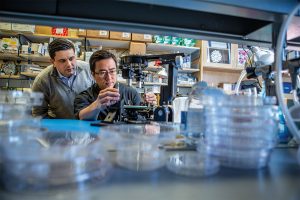
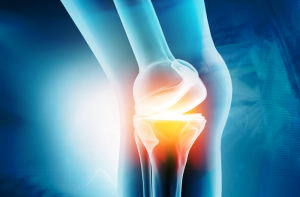 New research from
New research from 